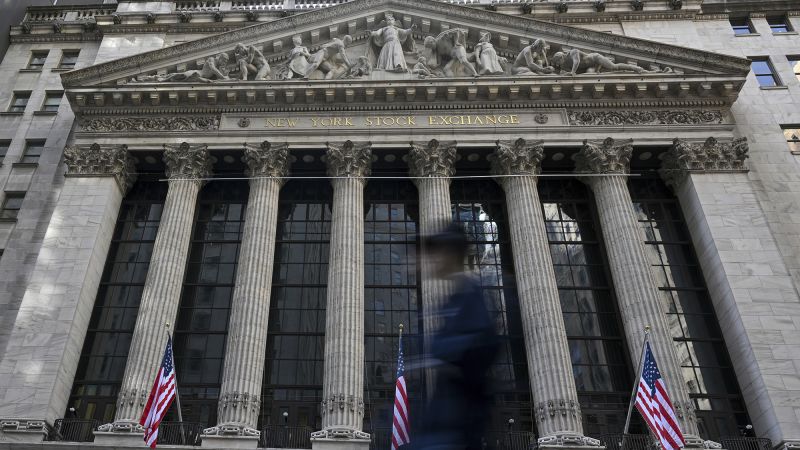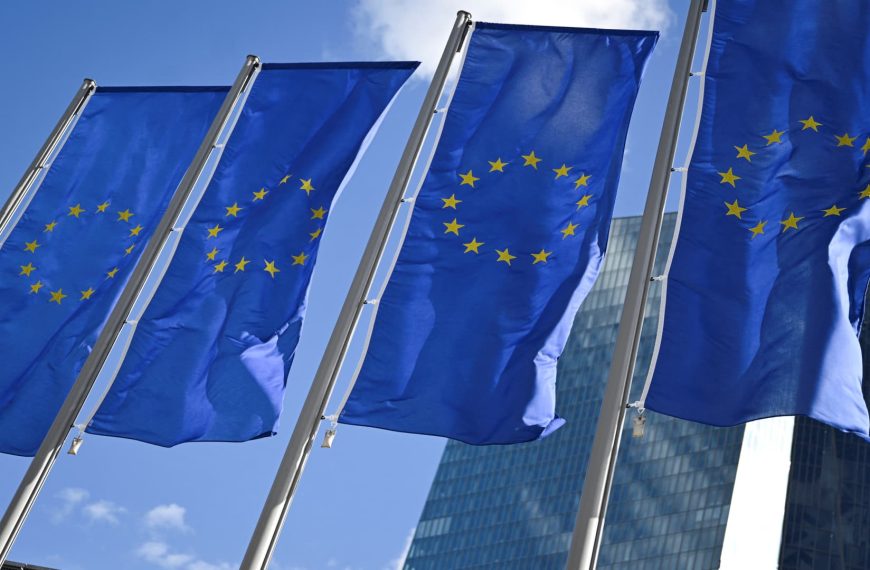Asia-Pacific markets experienced a predominantly positive trading day on Thursday, diverging from the downward trend in Wall Street. This shift occurred after U.S. Federal Reserve Chair Jerome Powell expressed concerns that ongoing trade tensions might disrupt the central bank’s efforts to manage inflation and support economic growth.
Market Highlights in Asia-Pacific
- Hong Kong’s Hang Seng Index rose by 1.07% during early trading.
- Meanwhile, Mainland China’s CSI 300 remained steady amid fluctuating conditions.
- Japan’s Nikkei 225 recorded a 0.68% increase, with the broader Topix index adding 0.55%.
- In South Korea, the Kospi index climbed 0.41%, while the small-cap Kosdaq surged 1.13%. This uptick came after the Bank of Korea maintained interest rates at 2.75%, aligning with economists’ predictions.
- Australia’s S&P/ASX 200 saw a modest gain of 0.25%.
Wall Street’s Reaction
In contrast, U.S. futures showed minimal movement as investors remained wary of how global trade disputes could negatively affect the nation’s economic growth. The previous day, Wall Street faced a significant downturn after Powell’s remarks regarding trade tensions.
- The Dow Jones Industrial Average fell sharply by 699.57 points, or 1.73%, closing at 39,669.39.
- The S&P 500 dropped 2.24%, finishing at 5,275.70, heavily influenced by declines in the technology sector.
- Additionally, the Nasdaq Composite saw a decline of 3.07%, closing at 16,307.16, and is now approximately 19% below its recent peak, edging closer to bear market territory.
Tech Sector Struggles
This sell-off was exacerbated by a notable 6.9% drop in shares of Nvidia, a prominent player in the artificial intelligence sector.
As the market navigates these turbulent waters, both investors and analysts remain on high alert, anticipating how future developments in trade policies will unfold. For ongoing updates on market trends and economic forecasts, keep an eye on reliable financial news sources.










